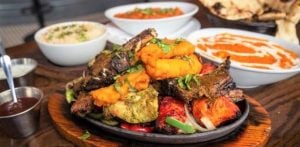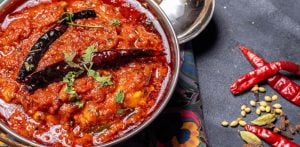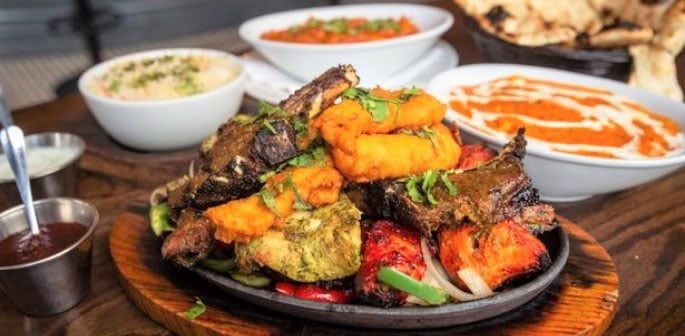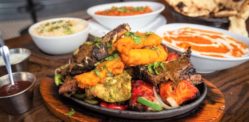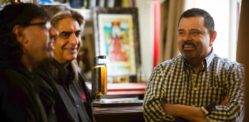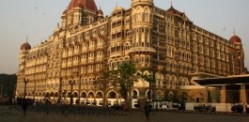"it was a journey of discovery for us too."
A new documentary, Rise of the Mixy, chronicles how Desi pubs in the West Midlands emerged from racial resistance to become a symbol of British Asian culture.
The film explores the challenging beginnings of the pubs and celebrates the resilience of the communities behind them.
When South Asian foundry and factory workers emigrated to England, they were often refused entry to local pubs.
In response, they created their own spaces, combining public houses with Indian food and Punjabi music.
Today, these establishments are celebrated for fostering integration despite their origins in segregation.
Following the documentary’s premiere at the Birmingham Forward Film Festival in July 2025, director Gurdev Singh described it as a “journey of discovery”.
He said: “We frequent these places a lot and we wanted to share the culture of them with others.
“We didn’t know the origins of how they came about, so it was a journey of discovery for us too.”
Rise of the Mixy highlights the racism South Asian men faced in the 1960s and 70s, including being refused entry to some pubs, which sometimes led to violence.
The 1980s saw racial tensions rise further across the Midlands.
Producer Updesh Singh said it was “quite difficult to see”.
He elaborated: “When we found out that people who looked like us weren’t allowed in [to pubs], that was really hard to deal with.
“I’ve never been turned away from somewhere because of the colour of my skin. It makes you think – what would that do to someone?”
Reflecting on the experiences of previous generations, Updesh added:
“They were allowed to work here but were not paid the same, were not treated the same.
“They couldn’t enter these establishments. And some of them even faced violence.”
But the documentary is not only a story of hardship. It is also a tale of triumph.
Research featured in the film shows immigrant men in the 1970s and 80s often lived in overcrowded houses with their families still in India and Pakistan.
Updesh told BBC: “They would share a house and there would be so many people there, there wouldn’t actually be a living space.
“So, the Desi pub became an extension of their living room.”
Now, these spaces welcome people from all backgrounds.
For Gurdev, Desi pubs have also strengthened his connection to his Punjabi roots:
“My connection to my Punjabi heritage was very minimal outside the home up to a certain age. But when I started coming to these places, that kind of connection and appreciation of where I’ve come from just grew stronger and stronger.
“From the authentic food, to the people you come across and the music you hear in these places, it’s an all-around connection to my roots.”
The Midlands became home to these establishments, stemming from South Asian factory workers setting themselves up in one pub.
It has evolved to a stage where more Desi pubs are opening across the Midlands and north of England.
Gurdev added: “I think in the Midlands there’s a strong sense of community, especially among Asians and Punjabis.
“These spaces [Desi pubs] are a testament to that. They’ve got the chance to go global and open everywhere in the world, to be a globally recognised cuisine.”












